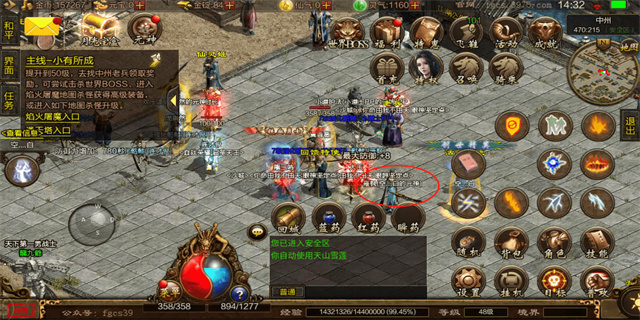The Other
Introduction:
The concept of \"the other\" is deeply ingrained in human society and plays a significant role in shaping individual and collective identities. This term refers to anyone or anything that is perceived as different from oneself or one's own group. In this article, we will explore the significance of the other in various contexts, including cultural, social, and historical perspectives.

The Other and Cultural Identity:
Cultural identity is often constructed in relation to the other. When people identify themselves as part of a particular culture, they inevitably compare and contrast their values, beliefs, customs, and traditions with those of others. This process can lead to both positive and negative outcomes. On one hand, it fosters a sense of unity, pride, and solidarity among members of a cultural group. On the other hand, it can also lead to prejudice, discrimination, and even conflict when differences are perceived as threats to one's own identity.

The Other and Social Segregation:
Social segregation occurs when certain groups are treated as the other and are excluded from full participation in society. This can be based on various factors such as race, ethnicity, religion, social class, or gender. When individuals or communities are marginalized and labeled as the other, they often face systemic barriers and discrimination that limit their opportunities and restrict their access to resources and privileges. Consequently, social segregation perpetuates inequality and hinders social progress.
The Other and Historical Narratives:
Historical narratives are influenced by the perspectives and biases of those who write them. As a result, some groups may be portrayed as the other, often as villains or outsiders, while others are celebrated as heroes and insiders. This selective representation can shape public perception and reinforce power imbalances. Recognizing the existence and contributions of the other is essential for a more comprehensive understanding of history and promoting a more inclusive and balanced narrative.
Conclusion:
The concept of the other is deeply intertwined with human interactions and the construction of identities. While it can be a source of division and discrimination, it also offers opportunities for reflection, growth, and empathy. Embracing the other as an integral part of our diverse world is crucial for fostering understanding, tolerance, and cooperation among different individuals and communities. Only by challenging the narratives and systems that create artificial divides can we create a more inclusive and harmonious society.
标题:the other(The Other)
链接:http://www.fsy99.com/yxzx/7909.html
版权:文章转载自网络,如有侵权,请联系3237157959@qq.com删除!
标签: